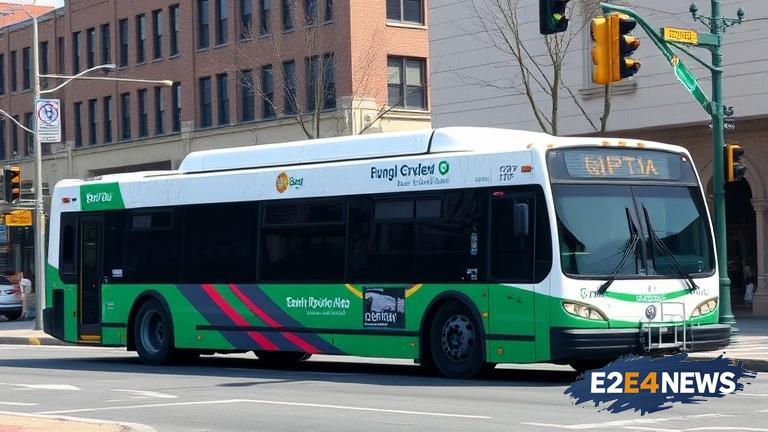The Rhode Island Public Transit Authority (RIPTA) has recently announced a proposal for the largest service cuts in the agency’s history. This move is expected to impact various routes and communities throughout the state, leaving many residents concerned about their transportation options. The proposed cuts are a result of a significant budget deficit, which RIPTA is attempting to address through reductions in service. The agency has stated that the cuts are necessary to ensure the long-term sustainability of the transit system. However, many community members and advocacy groups are speaking out against the proposal, citing the potential negative impacts on low-income and marginalized communities. These groups rely heavily on public transportation for daily commutes, access to employment, and other essential services. The proposed cuts would affect over 20 routes, with some experiencing reduced frequencies and others being eliminated altogether. This would not only affect commuters but also have a ripple effect on local businesses and the overall economy. RIPTA has scheduled public hearings to gather feedback from the community, allowing residents to express their concerns and suggest alternative solutions. Despite the agency’s efforts to engage with the public, many are skeptical about the proposal and its potential consequences. The service cuts have sparked a broader conversation about the importance of public transportation and the need for sustainable funding models. Some have suggested exploring alternative revenue streams, such as increased funding from the state or federal government, to mitigate the need for service reductions. Others have proposed implementing more efficient routing systems or investing in new technologies to reduce costs. As the proposal moves forward, it is likely that the community will continue to voice their concerns and advocate for alternative solutions. The fate of the proposal remains uncertain, with a final decision expected in the coming months. In the meantime, residents are encouraged to attend public hearings and provide feedback to RIPTA. The agency has emphasized its commitment to providing reliable and efficient public transportation, but the proposed service cuts have raised questions about the long-term viability of the system. Ultimately, the outcome of the proposal will have significant implications for the state’s transportation infrastructure and the communities that rely on it.
